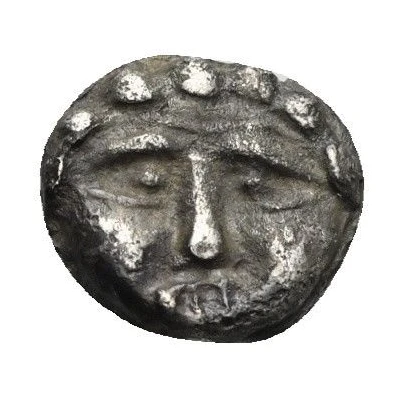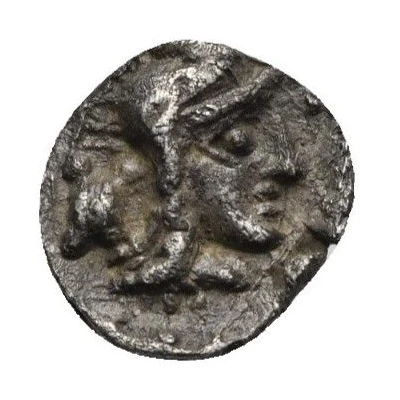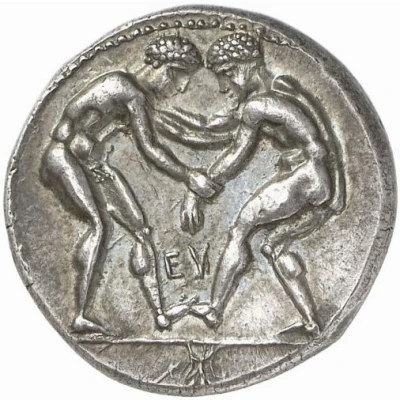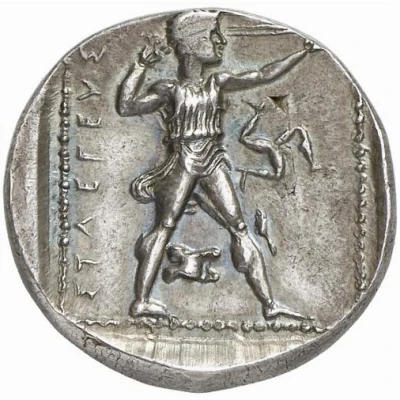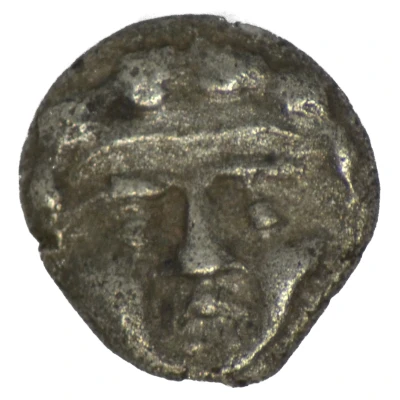
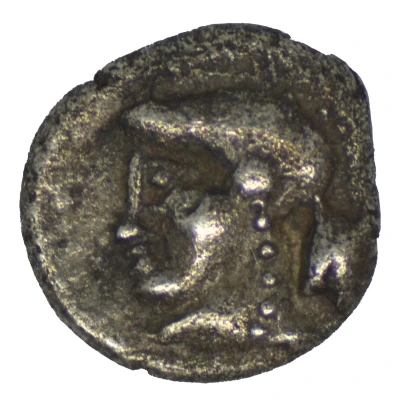

© bennycunha97 (CC BY-NC-SA)
Trihemiobol 350 BC - 300 BC
| Silver | 0.9 g | 9 mm |
| Issuer | Selge (Pisidia) |
|---|---|
| Type | Standard circulation coin |
| Years | 350 BC - 300 BC |
| Value | Trihemiobol (¼) |
| Currency | Drachm |
| Composition | Silver |
| Weight | 0.9 g |
| Diameter | 9 mm |
| Shape | Round (irregular) |
| Technique | Hammered |
| Orientation | Variable alignment ↺ |
| Demonetized | Yes |
| Updated | 2024-10-10 |
| Numista | N#253912 |
|---|---|
| Rarity index | 94% |
Reverse
Helmeted head of Athena facing left, astragalos behind head
Interesting fact
The Trihemiobol coin was used as a form of currency in the ancient city of Selge, which was located in the region of Pisidia (now modern-day Turkey). The coin was made of silver and weighed 0.9 grams, which was a significant amount for a coin at that time. Despite its small size, the Trihemiobol was widely used for trade and commerce, and it remains a valuable artifact for collectors and historians today.
